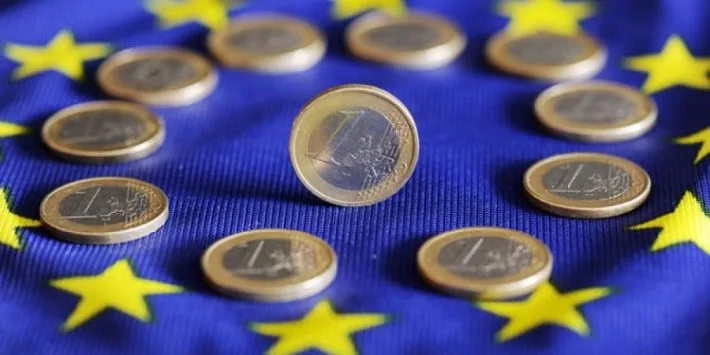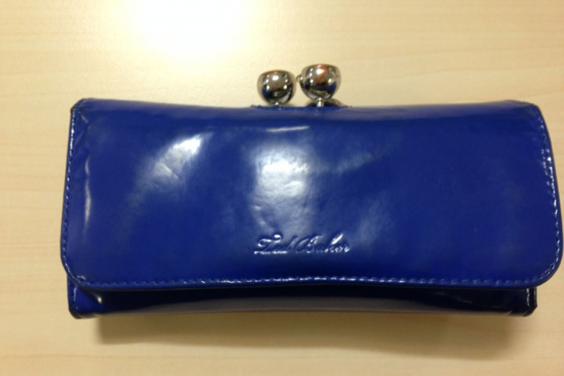In the country, distraught by the civil war, our Engineer Corps will have the task of paving the way to the contingent of Member States’ soldiers, coming to support the French and African army already on site
Italian soldiers will be the first to leave for the European Union mission into the Central African Republic, being there around the end of April, according to what European military sources told eunews after the official launch of the operation by the Union. The mission will bring into the country 800 soldiers from 9 Member States starting from the end of May, yet the Italian ones will be sent earlier, due to the specificity of their task. The Italian group in fact is composed of a squad of the Engineer Corps, specialized in “building” works such as preparing camps and shelters, prepare roads, reinforce the existing structures. And this has to be done necessarily before the arrival of the largest group of soldiers, for the beginning of the operation – hence it would be necessary to have the Italian corps on site at the end of April.
The European intervention had been repeatedly called for by France, which has already sent about 2,000 soldiers into the country. About 6,000 soldiers of the African Union, belonging to MISCA, are in the Central African Republic too. The European mission wants to be complementary to the one already on site: the main target is supporting the troops for securing Bangui, the capital, operating on specific departments (where violence was more cruel than in other parts of the city), and the city airport.
The operations, explained the French General Philippe Pontiès, who will lead the mission, will be made thanks to the contribution of nine Member States, “Italy, with one Engineer Corp, France, Estonia, Latvia, Spain, Portugal, Sweden and a third country, Georgia. Germany and the UK have made available aircrafts for transporting the troops.” The mission is to last six months from the moment in which it will be fully operational. The shared cost is euro 25.9 million.
According to Pontiès, who does not hesitate in saying “everything is possible in a war” when asked about unforeseen risks, the mission is “urgent” given the “humanitarian situation and the safety condition of the country.” That is why “an impartial force” is needed “at the service of safety; a credible force with a clear mandate, able to combine military and police actions.” And this can be the role played by the European mission.
Letizia Pascale




![La bandiera della Regione Lombardia [foto: Wikimedia Commons]](https://www.eunews.it/wp-content/uploads/2022/09/lombardia.png.webp)






![Il presidente della Repubblica, Sergio Mattarella (sinistra), con il presidente del Consiglio Europeo, Antonio Costa [Bruxelles, 20 maggio 2025. Foto: Quirinale]](https://www.eunews.it/wp-content/uploads/2025/05/mattarella-costa-120x86.jpeg)

